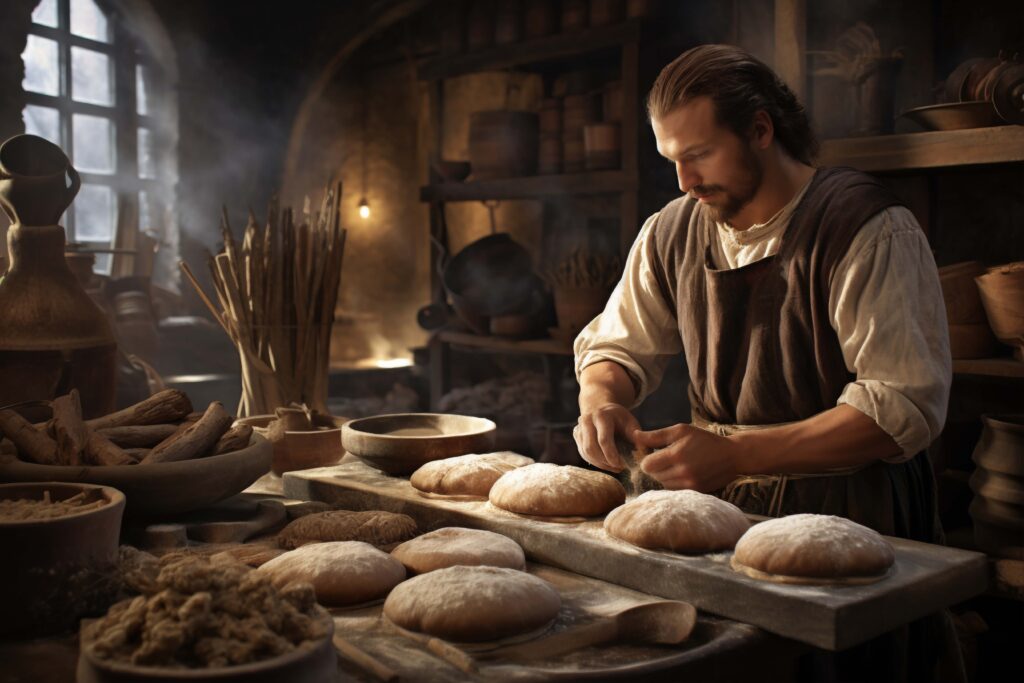St. Patrick received his mandate from the Pope Celestine to evangelise Ireland. Patrick gave the ecclesial set up in Ireland a more monastic diocesan model. There was rapid growth of monastic centres that became beacons of light for the Irish faithful, which Patrick had encouraged. The consecrated bishops later played a subsidiary role to the more powerful abbots at the major monastic centres around the country. The diocesan system suffered in Ireland after the fall of the Roman empire, which suited the Vikings who began their invasions even into Ireland as a result. The dioceses were raided and the See became vacant, falling into the hands of noble lay administrators for many centuries.
Re-establishing the old diocesan centres
King of Munster and Leinster, Muirchertach Mor O’Briain was present at the Synod of Rath Breasail in 1111 which formally re-inaugurated the diocese system into Ireland, as the church finally moved away from a monastic hierarchy. With King Muirchertach’s presence, the diocese of Killaloe within his territory got an advantageous representation. Then King Muirchertach died in 1119 and the O’Brien dynasty declined. With the synod of Kells in 1152, the size of the diocese of Killaloe was much reduced – Taken from Clare Library.
Nb*: These Synods re-laid the foundations and largely formalised the current diocesan model present in Ireland today.
